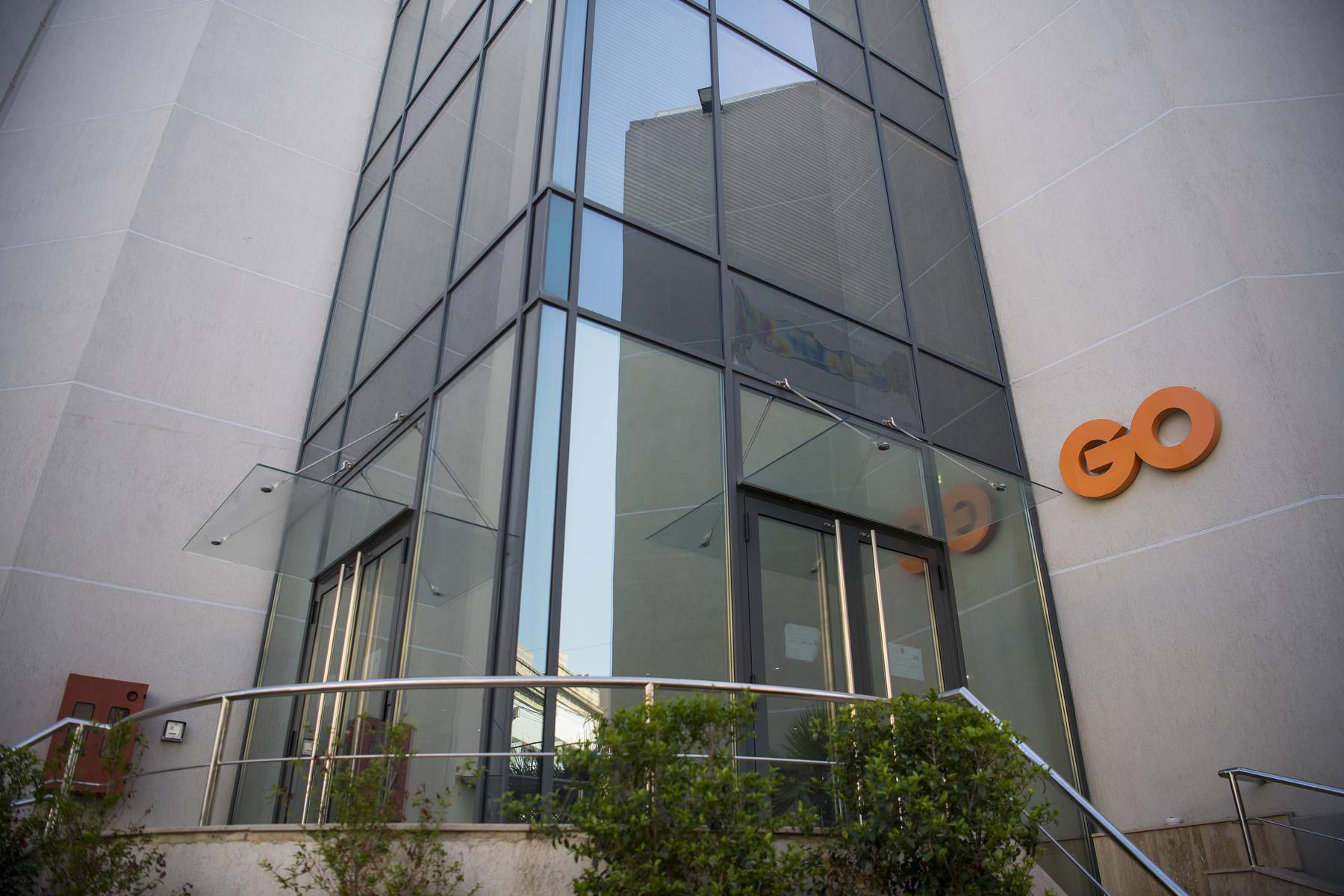In one of my recent articles wherein I compared the performance and activity across the local equity market in the decade prior to the COVID-19 pandemic to the situation over recent years, I concluded by stating that policymakers in Malta need to be aware of the consequences of a moribund equity market.
At this stage, I thought it would be worthwhile highlighting the functions and importance of a capital market since this may indeed instigate policymakers to implement a number of new initiatives to encourage a renewed flow of funds into the equity market in particular. This is urgently required to assist both existing issuers in their expansion plans and possibly also attract new entrants to the equity market. We need to create a revival of the equity risk culture in Malta, across both retail and institutional investors, that was evident in the 1990’s and in the years prior to the COVID pandemic.
A capital market can be split into two categories – the equity market where shares of companies are traded, and the bond market, where debt instruments are exchanged (both government bonds as well as bonds of private or public companies referred to as corporate bonds).
Governments utilise the capital markets (both the equity and bond market) to manage the country’s fiscal policy including the raising of funds for public projects. By issuing government bonds (referred to as MGS in Malta), apart from the refinancing of maturing debt, government can also secure the funding needed for infrastructure projects, public services and to manage short-term fluctuations in cash flow (normally via money-markets instruments such as Treasury Bills with a maturity of a maximum of 1 year). This ability to raise funds efficiently is crucial for maintaining the economic and social welfare of a country.
Over the years, the Government of Malta also used the equity market either for the privatisation of a number of state-owned companies (specifically in the banking sector in the initial years of the MSE but also for the privatisation of Maltacom plc and Malta International Airport plc) or for specific projects such as the case with the setting up of Malita Investments plc.
One of the primary functions of capital markets is to facilitate the efficient allocation of resources. By enabling the transfer of funds from those who have excess capital (the savings and investments of retail investors and institutional investors) to those who need it to invest in productive activities, capital markets drive economic expansion. They do this by allowing companies and governments to access funding for new projects or expansion programmes, thereby increasing productivity, creating jobs, and enhancing the potential for economic growth.
In Malta, one can easily state that the bond market has functioned in a proper manner over the years with a continued flow of MGS issuance in view of the elevated requirements of the Government (especially over recent years to fund the generous COVID assistance to specific sectors) together with a growing number of private or public companies seeking to diversify their funding sources away from being totally dependent on credit institutions. In fact, the corporate bond market currently consists of 71 issuers on the Regulated Main Market with total issuance of €2.64 billion, representing a significant growth compared to the size of the bond market 10 or 15 years ago. Moreover, it is worth highlighting that the large majority of MGS’s totalling €8.7 billion are held by Maltese credit institutions and retail investors which is a very comforting signal even for the international credit rating agencies.
On the other hand, unfortunately, the same cannot be said for the equity market in Malta. Apart from the successful Initial Public Offerings of PG plc in 2017, BMIT Technologies plc in 2019 and APS Bank plc in 2022 in more recent years following the very successful privatisation of Malta International Airport plc in 2002, there were very few other entrants to the equity market in recent years. More concerning is that in each of these cases over recent years, the demand from the investing public was rather weak.
Capital markets form an integral role in securing financial stability for retail investors upon retirement. There are numerous retirement schemes overseas which allow individuals to invest their savings into diversified portfolios, typically containing a mix of shares and bonds. Capital markets must offer various financial instruments spread across different assets, sectors, and geographies to cater for different risk appetites, time horizons, and investment objectives. In Malta, incentives are urgently called for to instigate retail investors to shift part of their savings into capital market instruments to become less dependent on government-funded pension schemes. Similar incentives exist overseas and in the UK for example, additional incentives are being discussed (via the introduction of the British ISA) to assist the capital market which is also witnessing weak participation over recent years especially following Brexit.
Capital markets are essential for supporting innovation and long-term economic growth by providing a venue for companies to raise capital through equity and debt instruments. Established companies and also start-ups should be in a position to access the required funding in order to innovate, expand operations and enter new markets. This contributes to a dynamic and stable economy. This is one of the most important areas which is evidently lacking in Malta. The capital market truly needs to be the venue for companies in the technology sector for example to source additional funding. This is one of the sectors where Malta has a number of evident success stories also on an international scale. However, there are many instances unfortunately, where a number of successful companies had to resort to private funding initiatives as opposed to attracting funds from the public. More efforts need to be made to ensure that retail and institutional investors can assist in providing the funding required to such companies to expand overseas.
In one of the many articles I recently read regarding the role of capital markets, I came across this statement which I believe is important to share: ”Capital markets are the vital arteries of the economy, pumping necessary financial resources to where they are most needed. By fostering economic growth, enabling innovation, contributing to financial stability, and aiding in wealth creation and retirement security, capital markets prove themselves to be indispensable in the global economic landscape”.
This statement correctly encapsulates the crucial role of capital markets. This is a very powerful message which hopefully instigates policymakers to revive the Maltese equity market by considering various initiatives that will help both the flow of new funds into the market and other companies to consider the Malta Stock Exchange as an important tool to assist in their funding and expansion plans.
Read more of Mr Rizzo’s insights at Rizzo Farrugia (Stockbrokers).
The article contains public information only and is published solely for informational purposes. It should not be construed as a solicitation or an offer to buy or sell any securities or related financial instruments. No representation or warranty, either expressed or implied, is provided in relation to the accuracy, completeness or reliability of the information contained herein, nor is it intended to be a complete statement or summary of the securities, markets or developments referred to in this article. Rizzo, Farrugia & Co. (Stockbrokers) Ltd (“Rizzo Farrugia”) is under no obligation to update or keep current the information contained herein. Since the buying and selling of securities by any person is dependent on that person’s financial situation and an assessment of the suitability and appropriateness of the proposed transaction, no person should act upon any recommendation in this article without first obtaining investment advice. Rizzo Farrugia, its directors, the author of this article, other employees or clients may have or have had interests in the securities referred to herein and may at any time make purchases and/or sales in them as principal or agent. Furthermore, Rizzo Farrugia may have or have had a relationship with or may provide or has provided other services of a corporate nature to companies herein mentioned. Stock markets are volatile and subject to fluctuations which cannot be reasonably foreseen. Past performance is not necessarily indicative of future results. Foreign currency rates of exchange may adversely affect the value, price or income of any security mentioned in this article. Neither Rizzo Farrugia, nor any of its directors or employees accepts any liability for any loss or damage arising out of the use of all or any part of this article.
Mobilising savings into investments
Malta’s equity market needs to grow in size and depth if it is to embrace the EU’s Savings and Investments ...
Reduction in free float
Lowering Malta’s minimum free float requirement to 10% could unlock new opportunities for the local capital market
A golden age for GO plc
GO plc’s Annual General Meeting revealed a bold shift beyond traditional telecoms, stronger-than-ever financials, and possible share buy-backs







